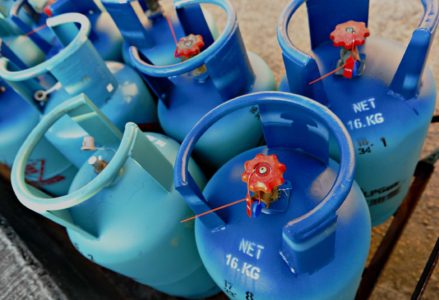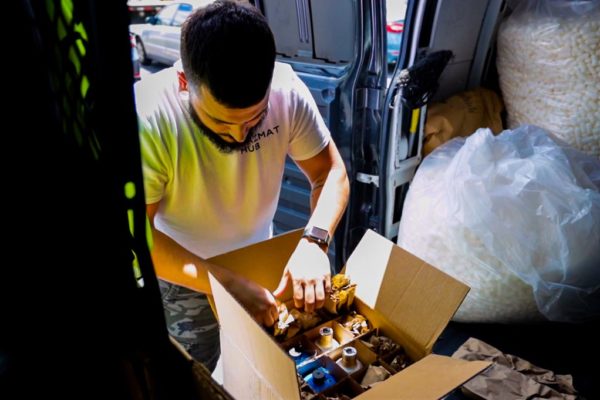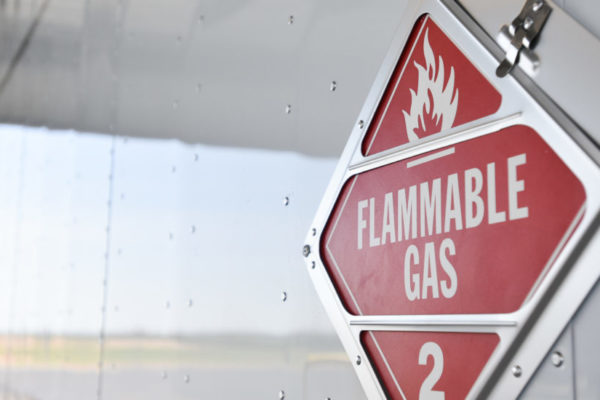Did you know that AITA training courses and the subsequent certification are fundamental in facilitating air cargo freight for Dangerous Goods (DGs)? Certainly, third-party logistics and supply chain management giants such as Hazmat Hub are cooperating with IATA for such training courses.
Undoubtedly, air freight cargo planes play fundamental roles in shipping various goods across the globe. Air transport is a popular strategy for shipping goods either nationally or internationally.
For instance, statistics show that before the emergence of COVID-19, air freight cargo made shipments of about 62 million metric tons globally.
Despite the several advantages of air freight cargo planes, conducting air freight shipments of hazardous materials such as explosives, gases, flammable liquids, among other divisions of dangerous goods, involves large scale risks and dangers.
The nature of the cargo might threaten the safety of an aircraft or onboard passengers. Therefore, 3PLs or other logistic and supply chain agencies should embark on training their employees and teams on the best practices available.
IATA and Hazmat Transportation in South Florida
Hazmat Hub is one of the leading hazmat transporters in South Florida and behold. Alongside specializing in trucking shipment strategies, the company also makes several shipments via air transport.
On the other hand, the International Air Transport Association (IATA) operates based on collaborating with relevant air transport stakeholders to enhance organizational capacities when using air transport.
Despite such broad objectives, the aspect of hazmat transportation via the air prompted IATA to come up with various training modules on how to handle, pack, classify, document, label, or mark dangerous goods before delivering them to avoid accidents and other risks.
IATA and Hazmat transportation companies like Hazmat Hub cooperate in providing regular training programs to shippers, freight forwarders, other service providers, and even airlines.
Upon the completion of training, trainees access printable certificates and wallet cards.
What are the Benefits of IATA Certification?
The IATA training programs come with a handful of benefits to trainees and the organization in general, like Hazmat Hub. Before proceeding to the benefits of training programs on dangerous products, it is vital to appreciate that IATA is a policy and not a regulation. In this sense, it is incapable of enforcing its provisions.
Instead, the department of transportation and the Federal Aviation Administration (FAA) has the mandate to enforce IATA provisions.
Here are the benefits of IATA certification to individuals and organizations.
Promotes responsive handling of dangerous goods
IATA courses are instrumental in promoting individual responsiveness in aspects of handling dangerous products.
In this sense, the training programs target various parties, including ground services providers, shippers, airlines, and freight forwarders, to transform their knowledge on air cargo freight for dangerous goods.
Enhances individual and collective competencies
Essentially, IATA training programs promote competency-based training and assessment (CBTA). The training equips organizations and individuals with the skills to store, load, provide information, document, and report issues pertaining to hazmat freights shipments.
Final Thoughts
Air transportation of hazardous materials is one of the riskiest shipment modes. Due to this fact, 3PLs such as Hazmat Hub, among others, embark on strategies of enhancing individual capacities through training.
The entry of the International Air Transport Association (IATA) complements the training needs for 3PLs.
The subsequent training interventions have a wide array of benefits to employees as well as to the industry as a whole.
![]()
Author: Freight Guru



